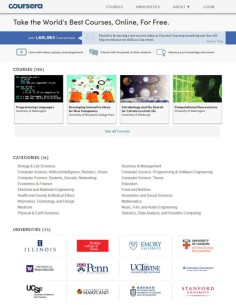Plan de formation des entreprises privées et des associations - Poitou-Charente
 Le plan de formation
Le plan de formation
Le plan de formation présente l’ensemble des actions de formation décidées par l’employeurs, après consultation des représentants du personnel dans les entreprises de 10 salariés et plus. Il distingue 2 types d’actions, celles qui visent à l’adaptation au poste de travail ou qui sont liées à l’évolution ou au maintien dans l’emploi des salariés et celles qui visent au développement des compétences.
Le plan comprend des actions de formation soit organisées par l’entreprise elle-même, soit réalisées par un prestataire de formation externe dans le cadre d’une convention de formation, d’un bon de commande ou d’une facture détaillée.
Les règles qui suivent concernent les actions de formation dont le financement est éligible à l’obligation légale, dans le cadre de la partie 6 du code du travail (voir fiche n° E 3.1). Suite...








/https%3A%2F%2Fprofilepics.canalblog.com%2Fprofilepics%2F1%2F0%2F1076071.jpg)